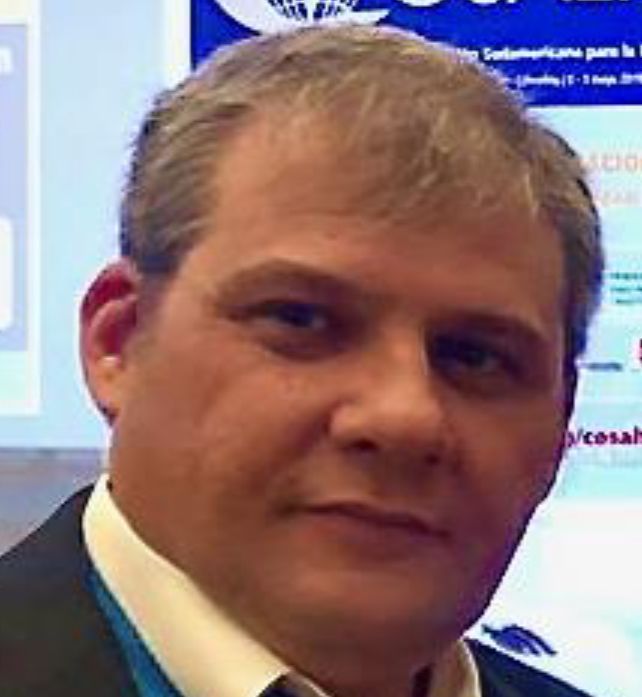Workshop the use of transmission models to simulate foot-and-mouth disease epidemics and the implementation of control actions
Rio de Janeiro, May 29th to June 2nd, 2023
Updates
-
Group list
- Group 1 (Cattle farm) will utilize cattle as initial infection (María Natalia Aznar; Ana Carolina Schmidt; Felipe Peixoto de Arruda; Diego Viali; Fernando Endrigo Garcia)
- Group 2 (Swine farm) will utilize swine as initial infection (André de Medeiros C. Lins; Daniel Gareca Vaca; Guilherme Marques; Luz Jacqueline Aguilar Narváez)
- Group 3 (Multispecies farm) with cattle, swine and small ruminants, infection will start in cattle (Álvaro Manuel Moreta Romero; Pablo Charbonnier; Walter Oliveira Cartaxo; Rodrigo Garcia)
- Group 4 (Multispecies farm) with cattle and small ruminants, infection will start in cattle (Carlos Ramón Ramirez; Débora Beatriz Máas; Marcio Alex Petró; Bethania Silva Santos)
- New Lecture is up: 7. Modeling foot-and-mouth disease dissemination in Brazil Evaluating the effectiveness of control measures [slides]
- New Lecture is up: 6. How simulation models can help to design and update of control actions [slides]
- New Lecture is up: 5. Gentle introduction to transmission models [slides]
- New Lecture is up: 4. Revisiting foot-and-mouth disease epidemiology [slides]
- New Lecture is up: 3. Importance of the response plan in outbreak events [slides]
- New Lecture is up: 2. MHASpread workshop welcome introductions [slides]
Course Description
In this five-day workshop, we provide a gentle introduction to various mathematical models used to simulate the spread and control of livestock diseases. You learn how such models can be used to make informed decisions before, during, and after an animal health emergency. We will focus on applying such epidemiological models while demonstrating their use with real data while simulating FMD outbreaks.
Aims of the workshop
Learn how to use the MHASpread v.0.2.0 package, model introduction, and control of FMD
- Overview of the model outputs and their interpretation.
- MHASpread to simulate FMD countermeasure actions (depopulation, vaccination, and traceability).
- Analyze additional transmission models.
Computer requirements
Generally, any computer of medium to high quality released during the last five years should be able to support R and Rstudio, however, there are some computer requirements that should be considered:
- Intel Core i5 (4 CPUs) 6th generation or equivalent AMD X8 @ 4GHZ (8 CPUs).
- Memory: 8GB.
- HDD Space: 65GB.












